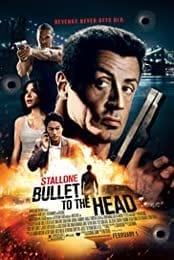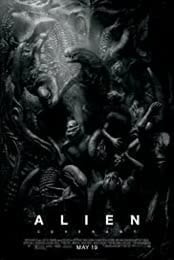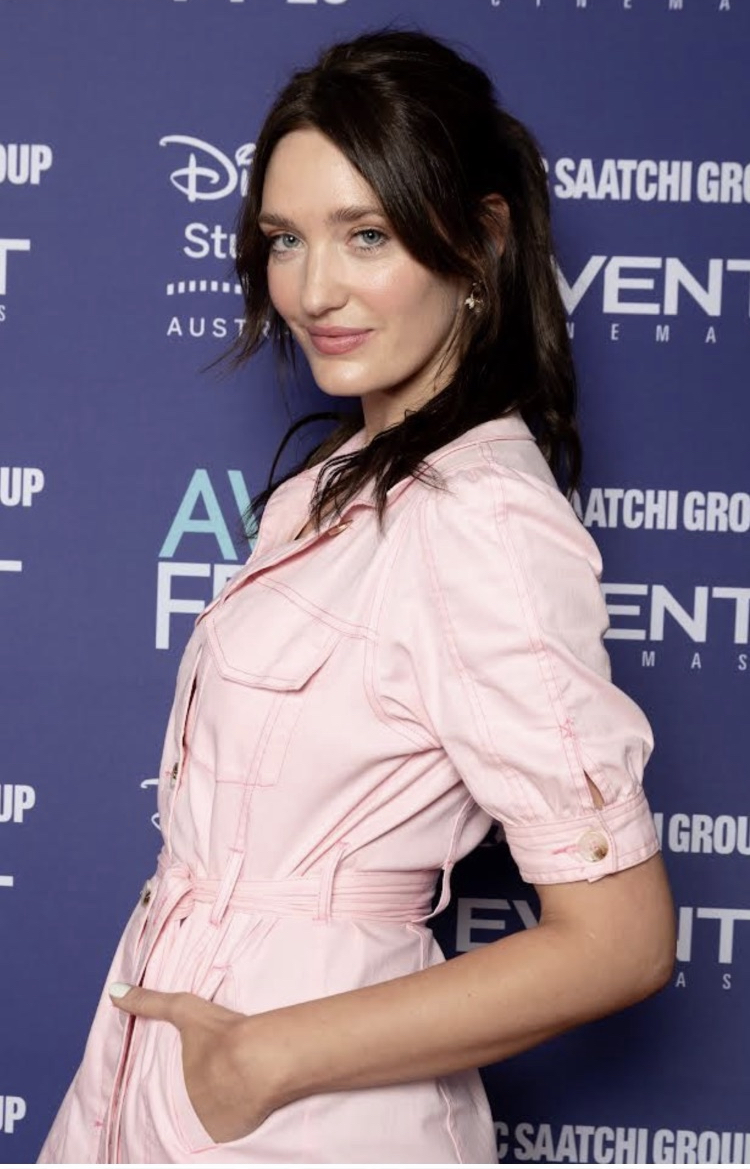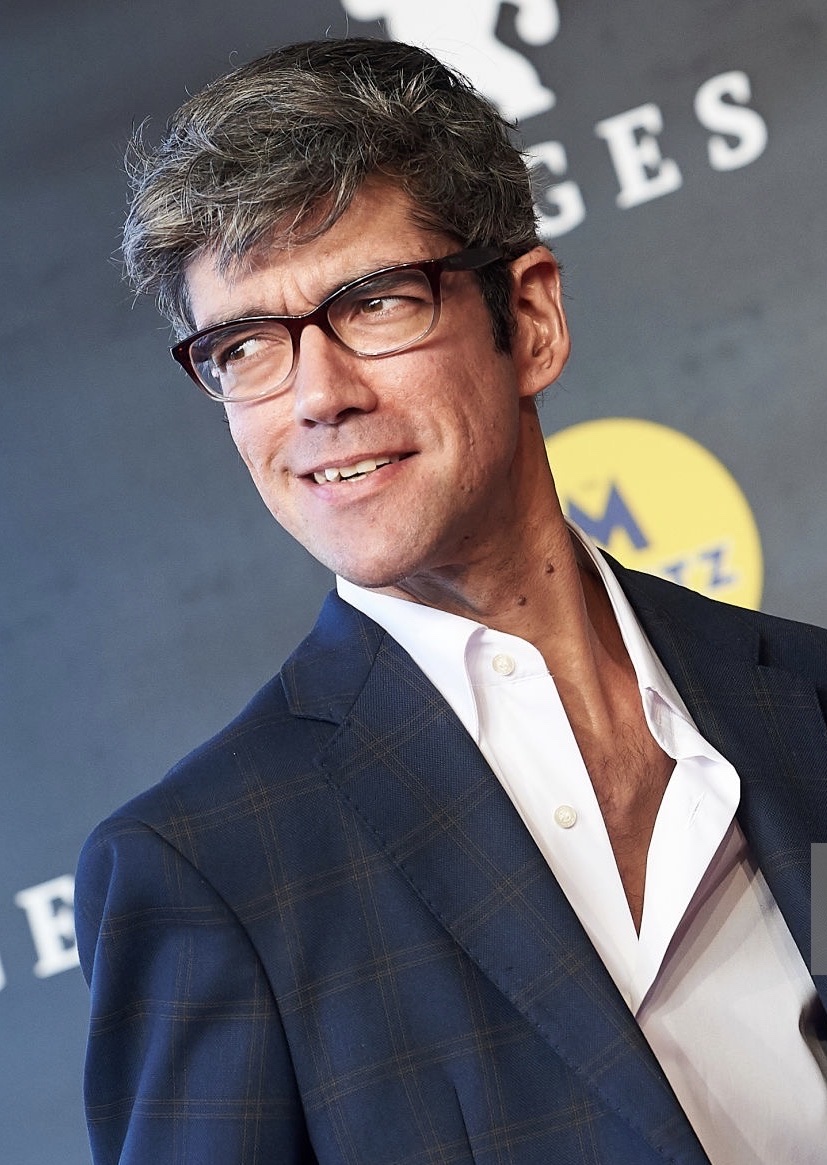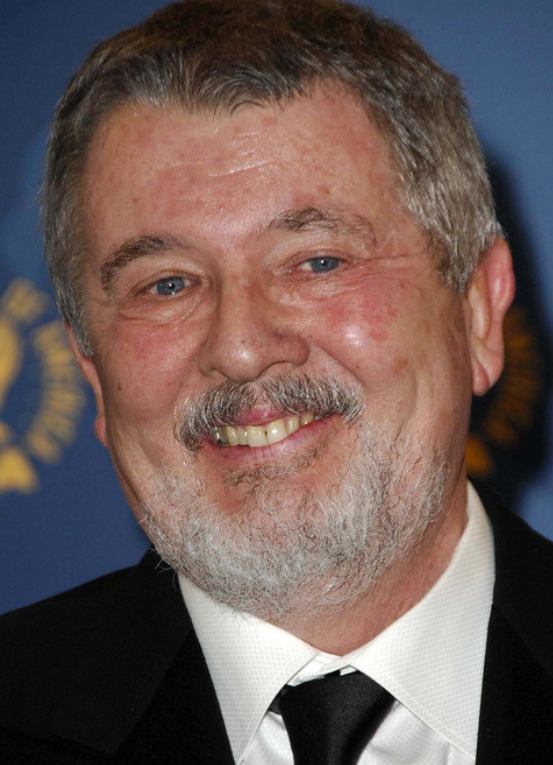
Walter Hill
Birthdate – January 10, 1942 (82 Years Old)
Birthplace – Long Beach, California, USA
Walter Hill (birthname: Walter Wesley Hill Jr.) is a writer-director-producer deeply influenced by the twin poles of European and Japanese cinema and the West and wrote and/or created some of the most important and influential movies of the 1970s and 1980s. It could be argued that entire popular sub-genres, such as the buddy-cop movie and the creature-in-spaceship movie wouldn’t exist without Walter Hill.
A fairly unique aspect of Hill’s career is his continued producer credit (and earnings) on each edition of the blockbuster Alien franchise, on which he served as one of the lead producers, while also rewriting (without credit) the original submitted Alien (1979) script by credited screenwriter Dan O’Bannon. The Alien business has helped Hill through several rocky passages during his truly adventurous and roller-coaster career—particularly his numerous creative clashes with the studios. Remarkably, Hill has outlasted many of his contemporaries, with his latest Western, Dead for a Dollar, starring Christoph Waltz, Willem Dafoe, and Rachel Brosnahan, and premiering at the 2022 Venice Film Festival—and marking Hill’s first Western since 1995’s Wild Bill.
Breaking into the movie business as an assistant director (one of his gigs was on the crew of Woody Allen’s early comedy, Take the Money and Run), Walter Hill first established himself as a screenwriter who wanted to work in genre movies, while deeply influenced by the Italian and Japanese master filmmakers. After his first produced script, Hickey & Boggs (1972), a detective movie with the I Spy combo, Bill Cosby and Robert Culp, Hill’s first important work was on Sam Peckinpah’s fine version of Jim Thompson’s The Getaway (1972), with Steve McQueen and Ali MacGraw, and Ben Johnson.
He disowned his work on John Huston’s minor 1973 film, The Mackintosh Man, with Paul Newman, as well as his work on another Newman project, an adaptation of Ross Macdonald’s The Drowning Pool (1975). But Walter Hill got his big break as writer-director on the terrific Depression-era boxing movie, Hard Times (1975), starring Charles Bronson and James Coburn. Hill’s next eight projects (except for Ridley Scott’s Alien) were largely as writer-director and established him as a vitally important voice in American cinema in the 1970s and 1980s.
Hill’s The Driver (1978), starring Ryan O’Neal, Bruce Dern, and Isabelle Adjani, may be a cult crime movie, but its contemporary urban noir style makes it one of the most influential works for a future generation of filmmakers, from Quentin Tarantino to Nicolas Winding Refn. Walter Hill’s urban gang thriller, The Warriors (1979), had an even greater impact, both positive (it’s certainly one of the last great movies of the “New Hollywood” movement of the ‘70s) and negative (it’s rightly or wrongly credited with spurring a disturbing number of violent gang-related incidents, a la Stanley Kubrick’s 1971 A Clockwork Orange).
But it emphatically made Hill’s name, solidified by his association with Alien in the same year, finally grossing an estimated range between $104 to $203 million—and leading to a case in which Hill’s Brandywine Productions company sued studio 20th Century Fox and exposing the phenomenon of Hollywood “creative accounting,” a highly controversial bookkeeping strategy designed to understate or distort a movie’s actual profitability so that the studio needn’t distribute profits to a project’s attached producers.
Walter Hill’s first Western as director only, The Long Riders (1980), premiered in competition at the Cannes Film Festival and starred the Carradine brothers (David, Keith, and Robert), the Keach brothers (James and Stacy, who were also co-writers), the Quaid brothers (Dennis and Randy) and the Guest brothers (Christopher and Nicholas), as well as featuring a fabulous soundtrack by Ry Cooder, one of Hill’s favorite collaborators.
The 1980s proved to be a busy time for Walter Hill, in which he directed nine features and had writing credit on five, including his excellent, Louisiana-set thriller, Southern Comfort (1981), with Keith Carradine, Powers Boothe, and Fred Ward. Although the movie did “no business,” as the saying goes, Hill’s next was his career-best hit, 48 Hrs. (1982), with Eddie Murphy and Nick Nolte as two clashing cops hunting bad guys in the big city. It proved that Hill could make a character-driven comedy, and spawned both the whole “buddy cop” genre (although Hill denies that the cop characters are buddies at all!) and a sequel, Another 48 Hrs. (1990), also starring Murphy and Nolte, directed by Hill and again co-written by screenwriter Larry Gross.
Hill and Gross also co-wrote the rock n’ roll-inflected Streets of Fire (1984), with Diane Lane, Michael Paré, and Willem Dafoe under Hill’s changed direction. Walter Hill’s next feature as director-only was a Richard Pryor vehicle (co-starring John Candy) and Hill’s only pure comedy, Brewster’s Millions (1985), the seventh version of the George Barr McCutcheon novel of the same title. Hill’s next directing project was an interesting blues-based musical inspired by blues master Robert Johnson, Crossroads (1986), written by John Fusco and with Ralph Maccio, Joe Seneca, and Jami Gertz.
Hill’s second script adaptation of a Ross Macdonald novel, Blue City (1986), proved no more satisfying for him than his first, but his next Western—a contemporary one on the U.S.-Mexico border inspired in part by Sam Peckinpah’s 1969 The Wild Bunch—was the fine Extreme Prejudice (1987), starring Nick Nolte, Powers Boothe, and Maria Conchita Alonso. Although Red Heat (1988) is one of Hill’s few projects as director-writer-producer, it’s one of his least remembered, despite the quirk of Arnold Schwarzenegger playing a Russian cop with James Belushi and Peter Boyle.
Walter Hill finished his 1980s run with the dark crime movie, Johnny Handsome (1989), starring Mickey Rourke (in one of his best performances), Ellen Barkin, Elizabeth McGovern, and Forest Whitaker. Hill took a hand in the script for David Fincher’s striking version, Alien 3 (1992), with Sigourney Weaver, Charles S. Dutton, Charles Dance, and Lance Henriksen, followed by the tough cop vs. gang crime drama, Trespass (1992), with Hill directing Bill Paxton, Ice-T, and Ice Cube, which—though commercially affected by the impact of the Los Angeles Uprising of 1992, certainly ranks as one of Hill’s boldest directorial efforts.
One of Walter Hill’s most mistreated movies is surely his thoughtful Western, Geronimo: An American Legend (1993), with Wes Studi, Jason Patric, Gene Hackman, Robert Duvall, and Matt Damon, about Apache warrior Geronimo. Hill’s next Western took on another legend, Wild Bill Hickok, in Wild Bill (1995), starring Jeff Bridges, Ellen Barkin, John Hurt, and Diane Lane, with Hill adapting both Thomas Babe’s play, Fathers and Sons, and Pete Dexter’s novel, Deadwood.
As director-writer-producer, Hill adapted Yojimbo, a classic by one of his favorite filmmakers, Akira Kurosawa, for Last Man Standing (1996), with Bruce Willis, Christopher Walken, and Bruce Dern, though it suffered from poor reviews and indifferent audiences. Hill’s most fallow period continued with Supernova (2000), a botched sci-fi thriller with James Spader and Angela Bassett, and disowned by director Hill (who removed his name instead of the pseudonym, “Thomas Lee”).
Returning to the boxing genre he explored in Hard Times, Walter Hill was director, co-writer (with frequent collaborator David Giler), and co-producer of Undisputed (2002), starring Wesley Snipes and Ving Rhames, which was successful enough to spawn three direct-to-video sequels. Ten years would pass until Hill’s next directing project, the unsuccessful Sylvester Stallone vehicle, Bullet to the Head (2012), with Adewale Akinnuoye-Agbaje, Christian Slater, and Jason Momoa.
Although it faced backlash from the transgender community for its depiction of forced gender reassignment surgery, Walter Hill’s written-directed The Assignment (2016) was a boldly delivered thriller, with Michelle Rodriguez, Sigourney Weaver, and Tony Shalhoub. After a six-year absence from the scene, Hill made a comeback with the Western, Dead for a Dollar, premiering out of competition at the Venice Film Festival.
Personal Details
Walter Hill was born in the Los Angeles area in Long Beach, California, and raised by a working-class family originally from the South. As a boy, he suffered from asthma, which prevented him from attending school for several years, and allowed him to learn to stimulate and entertain himself. Hill attended Universidad de las Américas in Mexico City, studying art as training to be a comic book illustrator. Hill was married to actor Maureen McCurry from 1969 to 1972 when the couple divorced. Hill has been married to talent agent Hildy Gottlieb since 1986; the couple has two children, Joanna and Miranda.
Some Facts About Walter Hill
Novelist: Walter Hill has written a graphic novel, titled Triggerman, and published it in France.
Unmade Projects: Hill is famed for his many unrealized projects, which include adaptations of Dashiell Hammett’s Red Harvest, James Crumley’s The Last Good Kiss, James McClure’s The Last Gun, and Jim Thompson’s Pop. 1280, as well as remakes of The Magnificent Seven, What Ever Happened to Baby Jane?, and John Woo’s The Killer.
Respect: Walter Hill regards Japanese film master Akira Kurosawa in such high esteem that he always refers to him as “Mr. Kurosawa.”
Challenging: Although known in part for his violent, Western-influenced movies, Hill found himself in the usual position of adapting Jim Thompson’s extremely violent crime novel, The Getaway, to lessen the violence for his screenplay.
Directing: Regarded as a director’s director and a writer’s writer, Walter Hill has observed that the main problem with making a movie is “getting everybody to be on the same page.”
Awards
Two-time Winner, Best Director-Drama Series/Best Miniseries, Emmy Awards (2004, 2007); Two-time Winner, Best Director-Drama Series/Best Director-Television Movie, Directors Guild of America Awards (2005, 2007); Winner, Golden Boot Award, Golden Boot Awards (1994); Winner, Cartier Glory to the Filmmaker Award, Venice Film Festival (2022).




